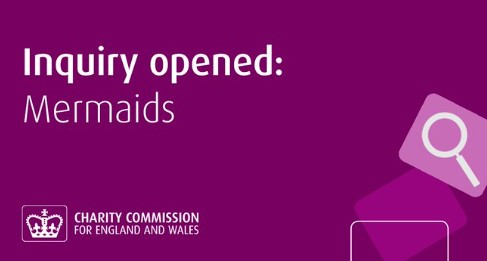The public is keen to “support causes rather than charities per se”, according to a report into the importance of transparency around how donations are used.
The report by the Charity Commission is based on focus group interviews and found that people are less attached to charities as organisations when they give, and instead support good causes and want to ensure their donations are making a difference.
“Across the research, there was a strong sense that participants felt they owned their donations, particularly when financial donations were felt to have been ‘hard earned’,” states the report.
It adds: “They were keen to support a particular cause and wanted to see their support reach and make a difference at the front line and to beneficiaries to achieve this.
“Participants want to support causes rather than charities per se. Charities as organisations were therefore seen as conduits to them achieving this, which translate their support to impact and making a difference to the cause and at the frontline.”
The findings are based on interviews with more than 125 people online and in focus groups.
The Commission’s report recommends better promotion of the charity data among the public to help them “specifically when considering supporting individual charities”.
It also calls for data about charities to support the third sector as a whole “to help grow trust in charities by letting the public in and allowing them to feel they know and undersrtand the charity”.
Information about accounts, including income, spending and how funds are spent is among key data the public are keen to see about charities.
They also want to see information about inclusion and diversity, staffing and salaries as well as activities carried out by charities.
All are “seen as important” by the public, says the report.
“However, a clear hierarchy emerged with financial information and evidence of impact being prioritised as most valuable to the public when making decisions about supporting individual charities.
“Whilst lowest on individuals’ agendas, inclusion and diversity data was still important in some particular contexts.”
Charity Times video Q&A: In conversation with Hilda Hayo, CEO of Dementia UK
Charity Times editor, Lauren Weymouth, is joined by Dementia UK CEO, Hilda Hayo to discuss why the charity receives such high workplace satisfaction results, what a positive working culture looks like and the importance of lived experience among staff. The pair talk about challenges facing the charity, the impact felt by the pandemic and how it's striving to overcome obstacles and continue to be a highly impactful organisation for anybody affected by dementia.
Charity Times Awards 2023
Mitigating risk and reducing claims

The cost-of-living crisis is impacting charities in a number of ways, including the risks they take. Endsleigh Insurance’s* senior risk management consultant Scott Crichton joins Charity Times to discuss the ramifications of prioritising certain types of risk over others, the financial implications risk can have if not managed properly, and tips for charities to help manage those risks.
* Coming soon… Howden, the new name for Endsleigh.
* Coming soon… Howden, the new name for Endsleigh.
Better Society

© 2021 Perspective Publishing Privacy & Cookies











Recent Stories